Londres/09 de Junio de 2016/hrw.org
Por: Human Rights Watch
La adopción de leyes y políticas discriminatorias, y la falta de voluntad política para dar cumplimiento a obligaciones básicas en materia de derechos humanos por países de todas las regiones del mundo, impiden que millones de niños y adolescentes puedan asistir a la escuela, señaló Human Rights Watch en un informe difundido hoy. Altos funcionarios gubernamentales del área de educación, responsables de políticas globales y agencias de financiamiento se reunirán en Noruega del 13 al 16 de junio para adoptar medidas que mejoren el acceso a la educación de calidad a nivel mundial.
El informe de 89 páginas, denominado “The Educaction Deficit: Failures to Protect and Fulfill the Right to Education in Global Development Agendas» [Déficits en materia educativa: ausencia de medidas de protección y cumplimiento del derecho a la educación en las agendas globales de desarrollo], sostiene que, dos décadas atrás, los gobiernos de países de distintas regiones del mundo expresaron el compromiso de eliminar los obstáculos a la educación para las generaciones venideras. Sin embargo, Human Rights Watch evidenció que, en muchos países, las leyes y prácticas discriminatorias, los aranceles elevados, la violencia y otros factores excluyen a niños y adolescentes de las escuelas. El informe se elaboró a partir de investigaciones llevadas a cabo por Human Rights Watch en más de 40 países, a lo largo de casi dos décadas. La Organización de las Naciones Unidas para la Educación, la Ciencia y la Cultura, UNESCO, ha informado que 124 millones de niños y adolescentes no asisten a la escuela.
“Es inconcebible que, en 2016, se niegue el derecho a la educación a millones de niños y adolescentes de todo el mundo”, manifestó Elin Martínez, investigadora de derechos del niño de Human Rights Watch. “La escasa supervisión gubernamental y la carencia de políticas que prohíban de manera absoluta la discriminación a menudo permiten que los funcionarios del área educativa tengan atribuciones ilimitadas para decidir quiénes pueden entrar a una escuela y quiénes quedan afuera”.
La totalidad de los 196 países miembros de la ONU han asumido obligaciones jurídicas frente a todos los niños en su territorio. La Convención sobre los Derechos del Niño, que ha sido ampliamente ratificada, así como varios otros tratados internacionales y regionales, estipulan requisitos detallados para proteger el derecho a la educación. En septiembre de 2015, los gobiernos acordaron trabajar conjuntamente con el fin de “garantizar una educación inclusiva y de calidad para todos» para el año 2030, como parte de los Objetivos de Desarrollo Sostenible impulsados por la ONU, y establecieron así como meta global el acceso a la educación secundaria por primera vez. Los objetivos de desarrollo anteriores, los Objetivos de Desarrollo del Milenio, procuraron asegurar en forma plena el acceso a la educación primaria y su finalización, aunque todavía no han sido alcanzados no han sido alcanzados.
A pesar de la obligación de eliminar los aranceles en la escuela primaria y otros costos asociados, que se encuentra en numerosos tratados internacionales, muchos países —como la República Democrática del Congo y Sudáfrica— aplican aranceles que las familias no pueden solventar. Los aranceles y costos asociados de la educación secundaria impiden que millones de adolescentes en Bangladesh, Indonesia y Nepal, por ejemplo, puedan completar al menos nueve años de educación.
“Mi último año de escuela fue el primer semestre del primer año de la escuela media. Deseaba realmente continuar estudiando, pero la verdad es que no tenía el dinero necesario”, contó Endah, que abandonó la escuela en Indonesia para emplearse en el servicio doméstico cuando tenía 15 años. “El arancel de la escuela era de 15.000 rupias (USD 1,10) por mes. Pero lo que realmente no podía pagar era el ‘arancel edilicio’ y el uniforme. Tenía un valor de 500.000 rupias (USD 37)… Luego, cada semestre teníamos que comprar libros”.
La violencia en contextos escolares afecta a más de 246 millones de niños, según indica el organismo de la ONU para la infancia, UNICEF. Los castigos físicos en las escuelas —una práctica que equivale a tortura y trato degradante, y afecta negativamente la capacidad de aprendizaje de los niños— es lícita o sigue siendo generalizada en países como Tanzania, Sudáfrica y muchos estados de EE. UU.
Entre los factores que propician que las jovencitas a
hrw.org/…success-joint-hrw/aclu-statement
bandonen la escuela, se incluyen el carácter extendido de los abusos sexuales y la violencia por parte de docentes y pares, pruebas físicas de virginidad abusivas e irrelevantes, pruebas de embarazo obligatorias, y políticas que excluyen a jovencitas embarazadas de las escuelas. Las condiciones insalubres e inadecuadas en escuelas, incluida la falta de instalaciones donde atender los cuidados relativos al ciclo menstrual con privacidad y en forma digna, provocan que muchas adolescentes, incluidas jóvenes con discapacidad, tengan una asistencia irregular o abandonen los estudios. El matrimonio infantil es, a la vez, una causa y una consecuencia de la falta de acceso a educación de calidad en países como Bangladesh, Nepal, Tanzania y Zimbabwe.
Millones de niños con discapacidad en China y Sudáfrica, así como niños de diversos grupos étnicos, idiomáticos o religiosos en la India, sufren habitualmente discriminación por parte de funcionarios gubernamentales cuando intentan inscribirse en escuelas. Una vez que ingresan a las escuelas, muchos de estos niños son asignados a aulas segregadas, donde reciben educación de calidad inferior. Muchos niños con discapacidad abandonan la escuela debido a la ausencia de docentes especialmente preparados, falta de apoyo o porque no son admitidos para pasar a niveles más avanzados de educación. En Rusia y Serbia, por ejemplo, existe una cantidad desproporcionada de niños con discapacidad confinados en instituciones, que con frecuencia solo reciben educación de baja calidad, o directamente ninguna educación.
Una cantidad cada vez mayor de niños que viven en contextos de crisis humanitarias y conflicto a largo plazo no pueden hacer valer su derecho a la educación, dado que las escuelas son inaccesibles o inseguras. Los ataques a escuelas y la ocupación de estas instituciones con fines militares han impedido que millones de niños en Afganistán, Nigeria, Palestina, Ucrania y Yemen pudieran ir a la escuela.
También en países de ingresos medios y altos se crean obstáculos a la educación, a través de prácticas discriminatorias contra minorías, refugiados, migrantes y niños LGBT.
Todos los gobiernos deberían garantizar que la educación primaria sea verdaderamente gratuita y obligatoria, y que la escuela secundaria sea gratuita. Los gobiernos deberían eliminar las políticas o reglamentaciones discriminatorias que permiten que las escuelas excluyan a niños y adolescentes, y asegurar que las escuelas atiendan las necesidades de las jovencitas, los niños con discapacidad, los niños que pertenecen a minorías y los niños LGBT.
Los gobiernos deberían abolir por ley los castigos físicos y adoptar medidas más rigurosas para garantizar que los niños estén seguros frente a violencia, abusos y hostigamiento en las escuelas.
Los donantes —incluidas las instituciones financieras multilaterales como el Banco Mundial y la Alianza Mundial para la Educación— y los organismos internacionales que ayudan a los gobiernos a implementar sus planes educativos, deberían observar los estándares de derechos humanos y no hacer ningún tipo de concesiones ante abusos que excluyan de las escuelas a niños y adolescentes.
El Secretario General de la ONU y la UNESCO deberían garantizar que los “países líderes” —que encabezan iniciativas globales en materia de educación— cumplan sus propias obligaciones de derechos humanos y pongan fin a los abusos en sus propios sistemas educativos.
“No debería haber ningún grado de tolerancia ante el incumplimiento de estas obligaciones, cuando de lo que se trata es de garantizar el acceso a la educación a todos los niños y adolescentes del mundo”, apuntó Martínez. “Los niños no pueden esperar otros 15 años, ni tampoco otro año lectivo, para que sus gobiernos garanticen plenamente su derecho a prepararse para el futuro”.
Citas extraídas del informe
“La mayoría [de los alumnos en] las principales escuelas no tienen que pagar. Pero nosotros sí tenemos que pagar los aranceles. Muchos padres que tienen hijos con discapacidad no podemos trabajar, y debemos ocuparnos de ellos las 24 horas. Las escuelas nos escriben para preguntarnos por qué no hemos pagado, pero no entienden nuestra situación”.
–Padre de un joven de 8 años con autismo, Johannesburgo, Sudáfrica
“Mi prima y yo somos las únicas niñas sirias de la clase. Los demás alumnos se confabularon en contra nuestra y andan diciendo que hablamos mucho y que nos portamos mal. El maestro nos envió al fondo del aula. Todos los maestros me tratan mal porque soy siria. Cuando uno de los maestros le pregunta algo a una niña jordana y ella responde correctamente, le dice ‘¡Bravo!’. En cambio, cuando soy yo quien contesta bien, no me dice nada”.
–Hadeel (seudónimo), 11, Al-Zarqa, Jordania
“Me golpeaban cuando el maestro no los veía, y como mi maestro no veía lo que pasaba no hacía nada para impedirlo. Mi padre se presentó ante el director de la escuela para quejarse, y este le dijo: ‘Si le preocupa, entonces no debería seguir mandándola a la escuela…’. En Siria me encantaba ir a la escuela. Tenía amigos. Me gustaba muchísimo aprender”.
–Fatima, 12, Turgutlu, Turquía
“Un [maestro] intentó persuadirme para que tuviera relaciones sexuales, y entonces yo no quería avanzar a Nivel 2 para evitar tener que pasar por eso. Dejé de ir [a educación física]. Lo hice porque temía que si me encontraba con él, me llevara a algún sitio para hacerme cosas. Me sentía mal y [los maestros] me llamaron para decirme que no me estaba concentrando o estudiando y que entonces mi desempeño no era bueno… Decidí dejar la escuela y no seguir malgastando el dinero de mis padres”.
–Ana, 16, Mwanza, Tanzania
“El sistema educativo japonés es realmente muy estricto con el tema del género. Les inculca claramente a los alumnos adónde pertenecen y adónde no; en los años más avanzados, cuando la división de géneros es más marcada, los niños transgénero comienzan realmente a sufrir. Tienen que ocultar su realidad y mentir, o actuar como ellos mismos y exponerse así al hostigamiento y la exclusión”.
–Docente transgénero de escuela secundaria, Japón
“Mis tíos me obligaron a contraer matrimonio con un hombre que tenía edad suficiente para ser mi abuelo. Yo iba a la escuela y estaba en sexto grado. Me gustaba la escuela. Si hubiera tenido la posibilidad de terminar los estudios, no habría tenido estos problemas; no estaría trabajando de mesera y separada de mi esposo”.
–Akur L., casada a los 13 años, Sudán del Sur
“Quedé embarazada el año pasado, cuando tenía 14. Tuve que dejar de ir a la escuela ese mismo año porque mi madre, que trabaja como empleada doméstica y cobra un salario de USD 50 por mes, no podía cubrir el costo de que yo fuera a la escuela. Tuve una relación sentimental con un hombre mayor que estaba casado. Fui al hospital y di a luz un niño que murió pocos minutos después… Quisiera volver a la escuela porque todavía soy una niña”.
–Abigail C., 15, Zimbabwe
“[El ejército] disparó contra mi escuela con un tanque… Cuando huí corriendo, un shabiha [miembro de milicia apoyada por el Estado] me tomó por el hombro, pero tras forcejar conseguí escaparme. El shabiha entró a la escuela y disparó contra las ventanas y rompió las computadoras. Luego de eso, solamente volví para rendir mis exámenes”.
–Rami, 12 años, refugiado procedente de la gobernación de Daraa en Siria, entrevistado en Ramtha, Jordania.
Fuente: https://www.hrw.org/es/news/2016/06/09/escuelas-inaccesibles-para-millones

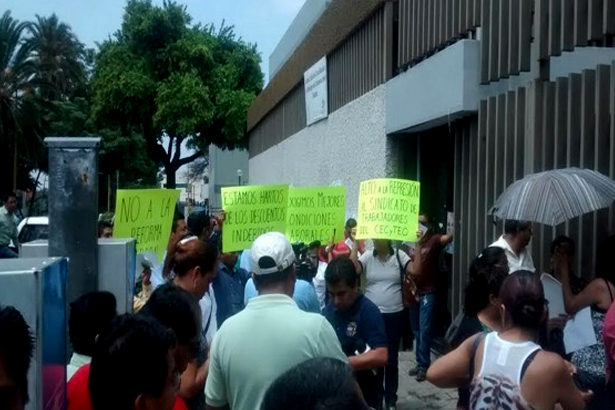
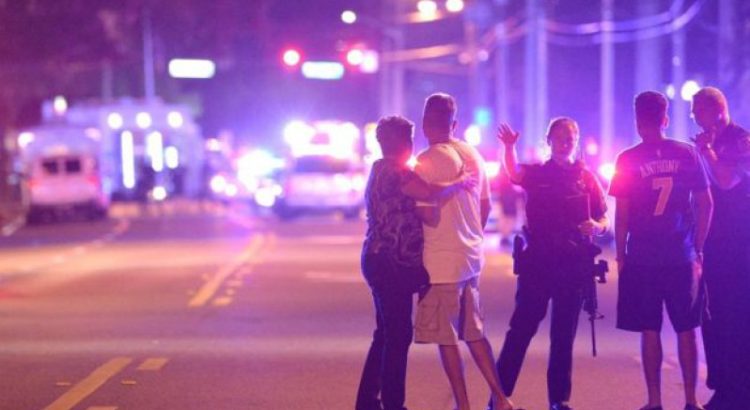
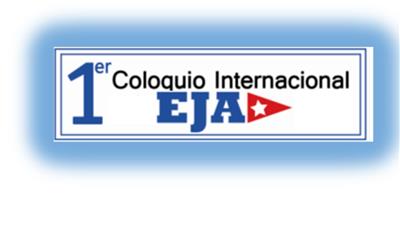
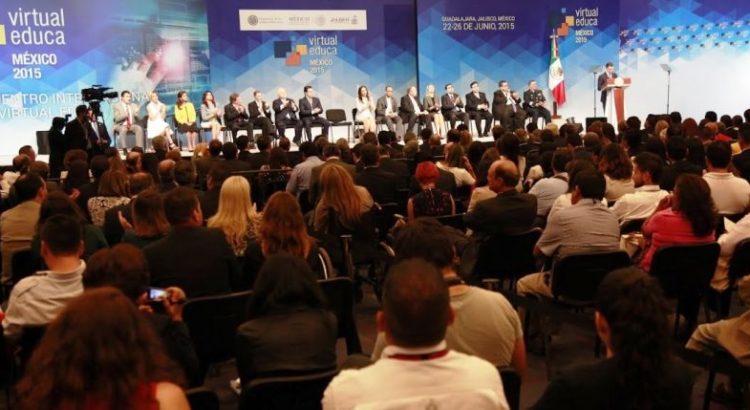
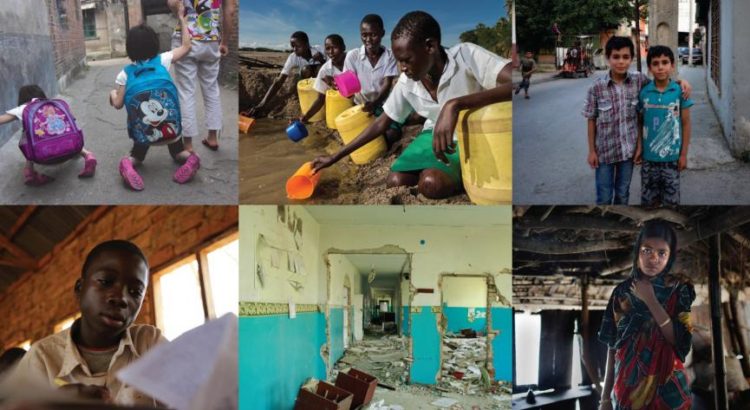
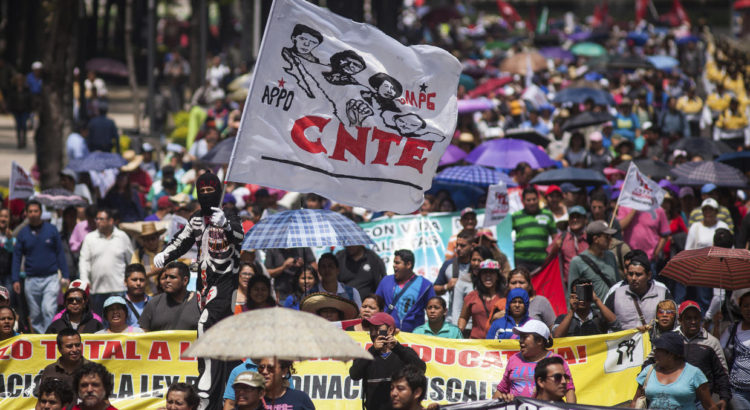







 Users Today : 49
Users Today : 49 Total Users : 35460180
Total Users : 35460180 Views Today : 67
Views Today : 67 Total views : 3418850
Total views : 3418850